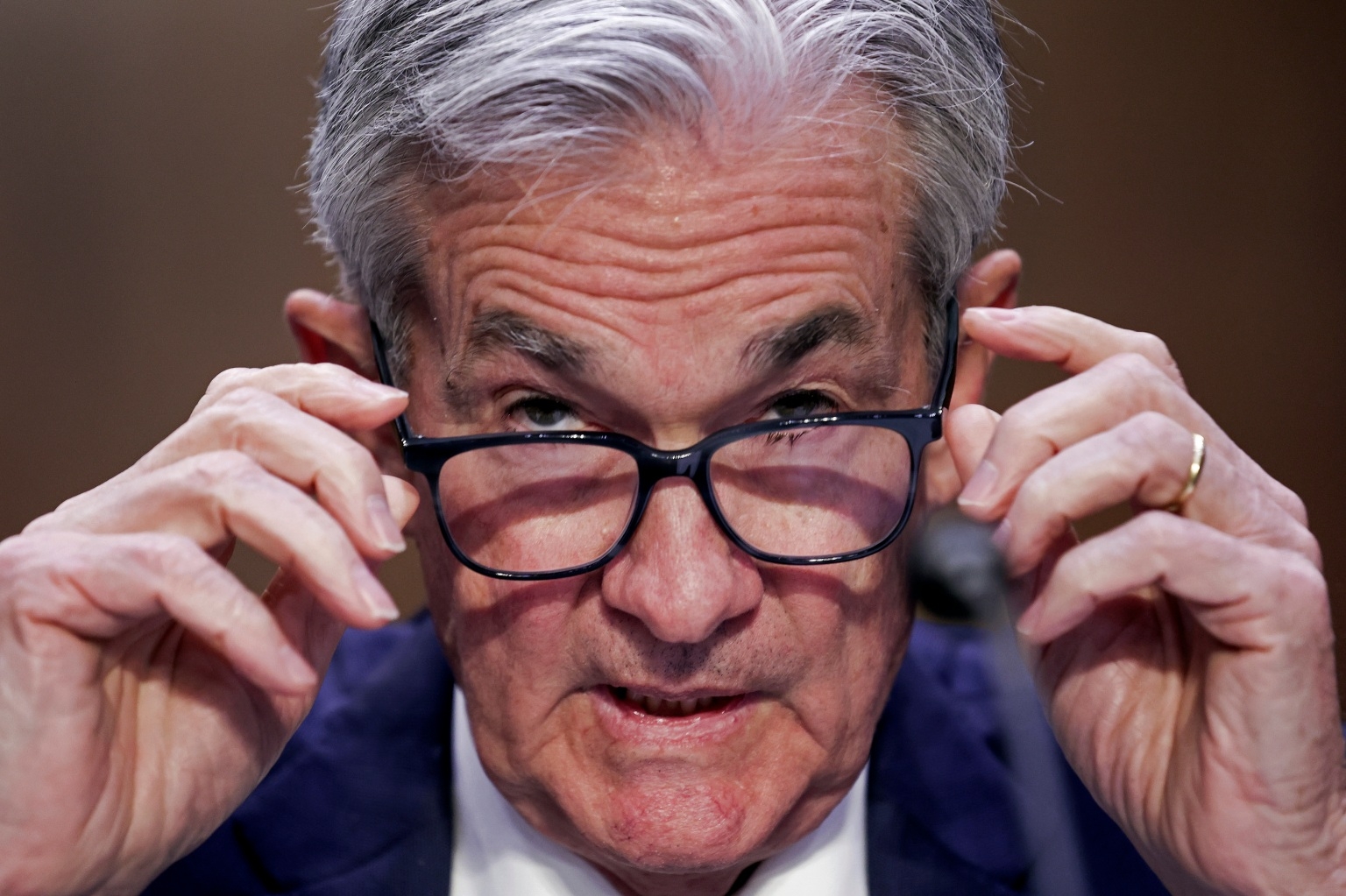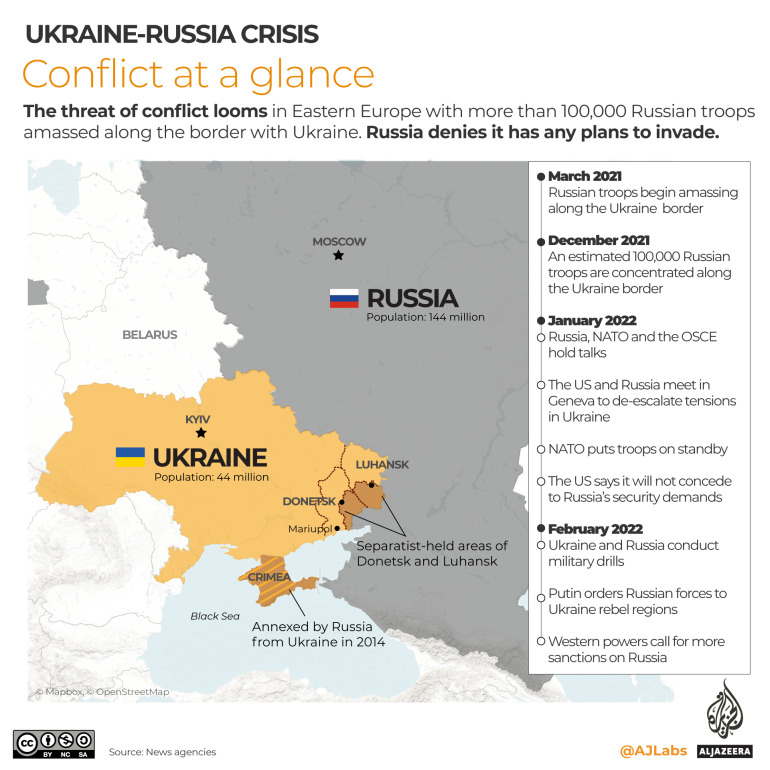The 9.1% increase in US consumer prices in the 12 months ending June 2022, the highest in four decades, has prompted many sobering headlines.
Meanwhile, annual inflation in Germany and the UK – countries with similar economies – ran almost as high: 7.5% and 8.2%, respectively, for the 12 months ending June 2022. In Spain , inflation has hit 10%.
It may seem as if US policies are bringing this predicament, but economists like me doubt it because inflation is increasing everywhere, with few exceptions. Rates averaged 9.65% in the 38 mostly rich countries belonging to the Organization for Economic Co-operation and Development through May 2022.
What revived those price increases starting in early 2021?
Scarcity put pressure on prices everywhere
When the COVID-19 pandemic began, the demand for computers and other high-tech goods increased as many people switched from working in offices to clocking in at home.
Computer chip manufacturers struggled to keep up, leading to chip shortages and higher prices for a dizzying array of devices and machines that needed them, including refrigerators, cars and smartphones. To see also : FACT SHEET: The US and G7 will take more steps to support Ukraine and hold the Russian Federation accountable.
It’s not just chips. Many of the goods that Americans consume, such as cars, televisions and prescription drugs, are imported from all over the world.
Supply chain strains
In addition to problems associated with changes in supply and demand, there has been major disruption to the way goods move to manufacturers and then on to consumers along what is known as the supply chain.
Disruption to the transport of goods, whether by ship, train or truck, has interfered with the delivery of all types of goods since 2020. On the same subject : I am the chief economist of a $ 5 billion real estate data and securities company. Here are 5 things you need to know about the housing market. That has caused the cost of transporting goods to rise sharply.
These massive shipping disruptions have highlighted the drawbacks of the popular just-in-time inventory management practice.
By keeping as few of the materials needed to make their products on hand, companies become more vulnerable to shortages and transportation snafus. And when manufacturers can’t make their products quickly, shortages occur and prices soar.
This approach, especially when it involves relying on distant suppliers, has left businesses much more vulnerable to market shocks.
Labor complications
The onset of the pandemic also sent shock waves through labor markets with lasting effects. To see also : Uncertainty in real estate is inevitable. Use these tips to keep going.
Many businesses either fired or furloughed large numbers of workers in 2020. When governments began to ease restrictions related to the pandemic, many employers found that significant numbers of their former employees were unwilling to return to the work.
Whether those workers chose to retire early, look for new jobs that offer a better work-life balance or become disabled, the results were the same: a labor shortage that required higher wages for recruiting replacements and retaining other employees.
Again, all of these dynamics are happening globally, not just in the United States.
War in Ukraine compounded these woes
Russia’s war on Ukraine, which officially began on February 24, 2022, has also exacerbated inflation by interfering with the global supply of fuel and grain.
The effects of the conflict are reverberating around the world and fueling inflation.
Russia is the world’s second largest exporter of crude oil. Sanctions against Russian imports, along with Russia stopping oil shipments to European countries in retaliation, have led to disruptions in the global oil market.
As Europe buys more oil from the Middle East, demand for oil from that region increases, driving up prices. Crude prices jumped from $101 a barrel at the end of February 2022, to $123 a month later. Prices remained high for a few months but by the end of July they were around $100 a barrel again.
Food prices have increased significantly in the United States and elsewhere, partly because of this conflict. The Ukraine has some of the most fertile soil in the world and is the third largest corn exporter.
Russia’s destruction of Ukrainian crops and its blockade of Ukrainian exports has led to a significant increase in prices worldwide for agricultural commodities.
How will the world respond?
Support for globalization and international trade has waned in recent years. Given supply chain disruptions and the war in Ukraine fueling inflation, this trend is likely to continue.
However, as an economist, I believe that the benefits of free and open trade still outweigh the current challenges.
In my view, there is nothing fundamentally wrong with globalization that cannot be fixed. But, like deflating inflation and easing supply chain bottlenecks, it will take time.



